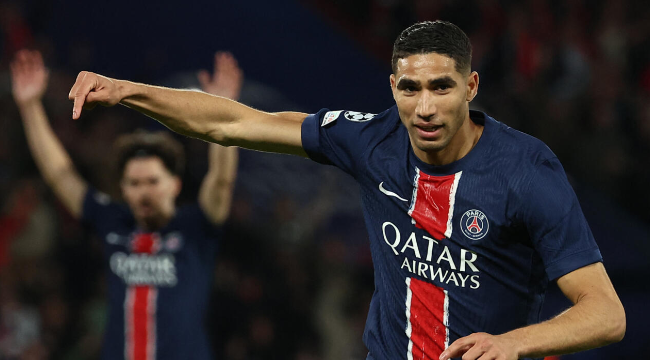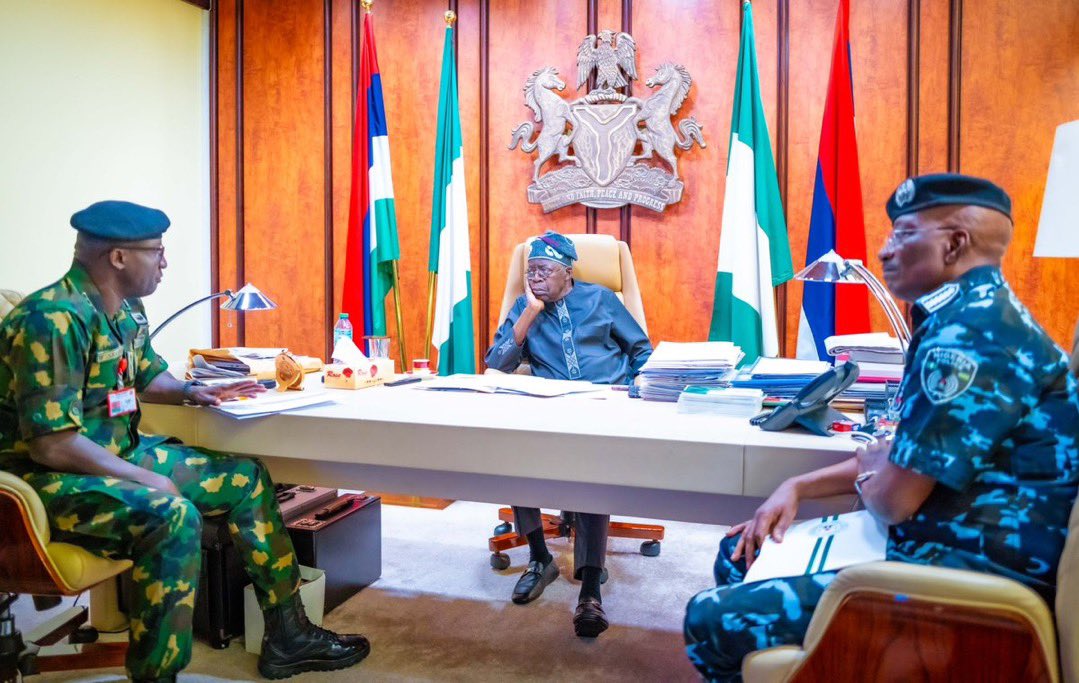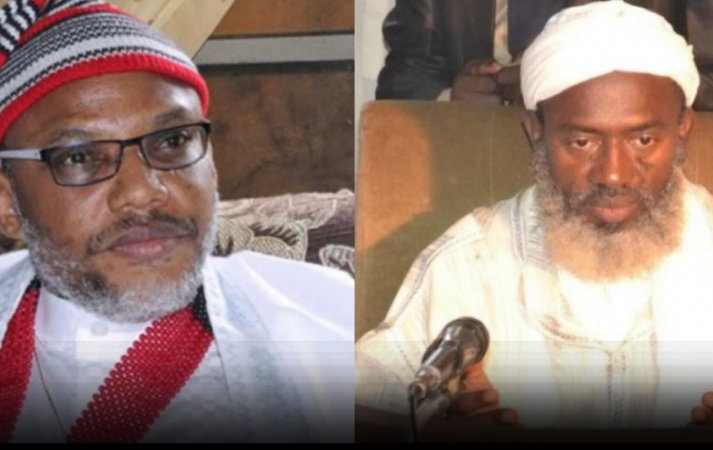
Storm Clouds Over Paris: Achraf Hakimi Faces Potential Trial as French Prosecutors Push Rape Case Forward

In a dramatic turn of events that could shake the foundations of both European football and international celebrity culture, French prosecutors have formally requested that Paris Saint-Germain star and Moroccan national icon Achraf Hakimi be tried for the alleged rape of a woman in 2023—a charge the footballer vehemently denies. The Nanterre prosecutor's office confirmed the request on Friday, August 1, setting the stage for what could become one of the most high-profile trials involving a footballer in recent French legal history.
Hakimi, a name synonymous with speed, precision, and flair on the field, may soon find himself battling not opponents in a stadium but allegations in a courtroom. The decision now rests in the hands of the investigating magistrate, who will weigh the prosecution’s findings and decide whether the case proceeds to a criminal court. This legal development casts a long shadow over the career of a player once heralded as one of Morocco’s golden boys following their historic run to the 2022 World Cup semi-finals.
The origins of this unsettling case trace back to early 2023. The woman, then 24 years old, told police she met Hakimi on Instagram and was later invited to his home. A police source revealed that she arrived at his residence in a taxi reportedly paid for by the footballer. According to the woman’s statement, Hakimi allegedly made non-consensual sexual advances toward her and raped her. She claimed to have managed to escape and contacted a friend who picked her up. Although she did not file a formal complaint at the time, prosecutors decided to proceed with the case based on the available evidence.
Hakimi’s camp has remained defiant. His lawyer, Fanny Colin, responded swiftly to Friday’s announcement, calling the prosecutors’ request for a trial "incomprehensible and senseless in light of the case's elements." Colin emphasized that should the magistrate agree to prosecute, the defense would explore every legal avenue available to challenge the decision.
Meanwhile, the woman’s lawyer, Rachel-Flore Pardo, welcomed the move by prosecutors, describing it as “immense relief” for her client. The emotional statement underscores the stakes involved—not only for Hakimi’s career but for the broader conversation surrounding consent, power, and justice in modern society.
The timing of this legal push could not be more jarring for Hakimi, who just months ago was riding a wave of professional success. In May, he played a pivotal role in PSG’s historic Champions League triumph, scoring the opening goal in their 5-0 demolition of Inter Milan in the final. His stellar performance added to his growing list of accolades and seemed to confirm his status as one of football’s elite defenders. But now, that narrative is at risk of being completely rewritten.
This isn't the first time a football star has found himself in the courtroom rather than on the pitch, but the global attention around Hakimi’s rise—from Real Madrid to Borussia Dortmund, then Inter Milan, and eventually PSG—makes this case uniquely resonant. Not only is he one of the most recognizable Muslim players in Europe, but he also represents a generation of North African athletes breaking barriers and redefining representation on the world stage.
What complicates the matter further is the perception war already taking place online. Social media is abuzz with debates ranging from outright support for Hakimi to calls for his suspension until the case is resolved. PSG, so far, has declined to comment on the prosecutor's latest move, maintaining a cautious silence as the situation unfolds. The club's management is likely monitoring the developments closely, knowing that any misstep could have massive reputational and financial implications.
Legal experts suggest that the decision from the investigating magistrate may take several weeks. In the meantime, Hakimi remains under judicial supervision. No formal restrictions on his travel or participation in matches have been announced, but the looming specter of a criminal trial could inevitably affect his professional rhythm and mental focus.
The potential trial also reignites conversations in France about how sexual assault allegations are handled, especially when involving high-profile individuals. In recent years, the #MeToo movement and several domestic cases have forced French society to reckon with deep-rooted issues of accountability, consent, and gender dynamics in powerful spaces.
For the Moroccan community and fans of Hakimi across Africa and the Middle East, this development comes as a shocking blow. Many had hailed him not just as a football star but as a cultural ambassador who carried the hopes of millions on his shoulders. His image—once polished and pristine—is now under heavy scrutiny, with public opinion sharply divided.
Regardless of how the investigating magistrate rules, the damage to Hakimi’s reputation has already begun. Brands may begin to distance themselves, fans could grow uncertain, and the sports world, which so often celebrates its icons without question, may be forced to reckon with the complexities that fame, power, and personal conduct inevitably bring.
The world will be watching as the French judiciary makes its next move. Whether this leads to a full-blown trial or a dismissal of charges, the outcome will reverberate far beyond the walls of a courtroom in Nanterre. For now, Achraf Hakimi remains a man suspended between two realities: one of glory and one of grave allegations.


